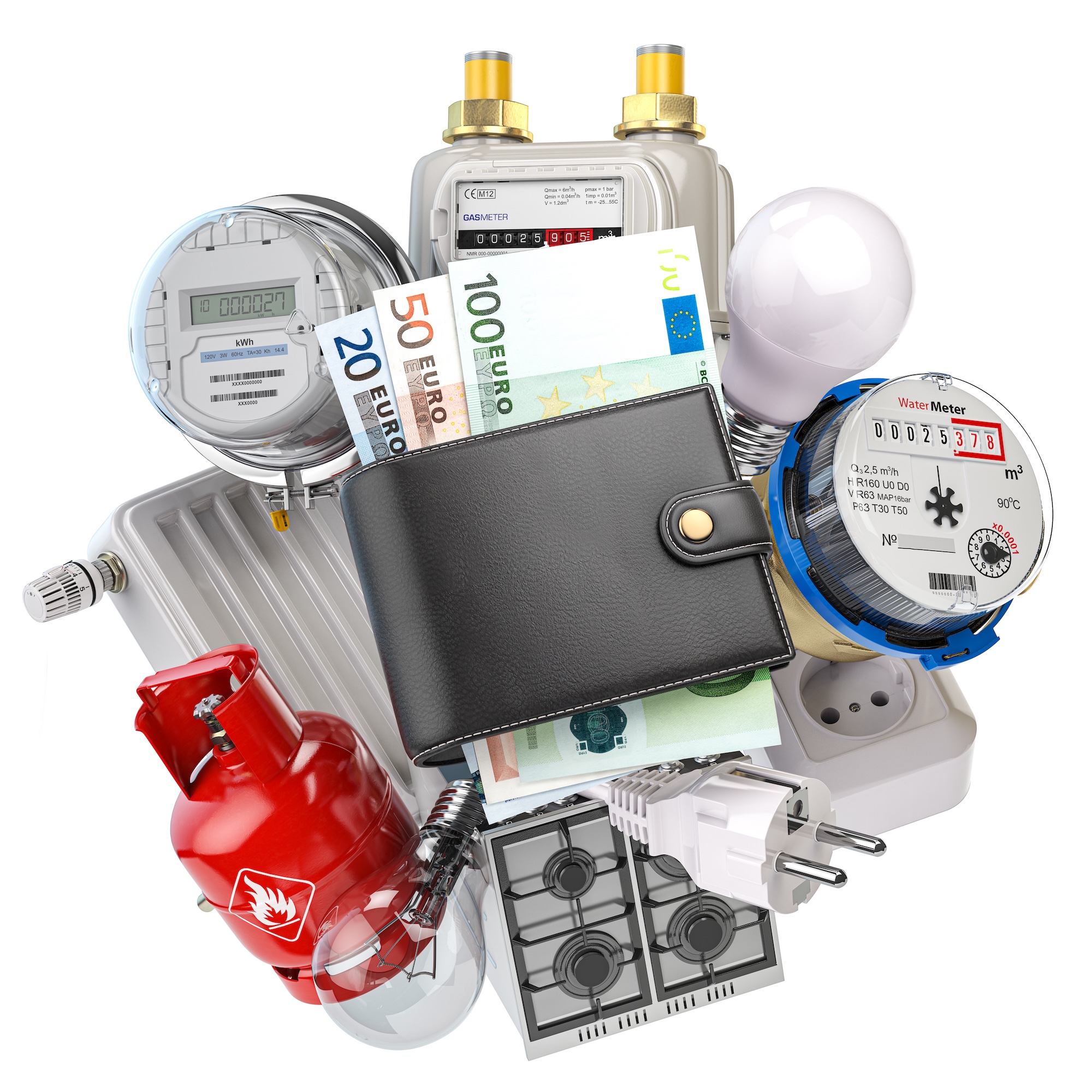With energy costs climbing, more and more homeowners are looking for smart ways to cut down on their utility bills. The good news is that by blending technology, a few habit changes, and regular upkeep, it’s possible to bring energy use down without sacrificing comfort. In this article, we’ll dive into practical strategies that can help you keep your home cozy while easing the strain on your monthly expenses.
Market Impact
The surge in energy prices has affected consumers globally, with the U.S. Energy Information Administration (EIA) projecting that residential energy expenditures will increase by approximately 10% in 2023. Consequently, homeowners are more motivated than ever to explore ways to reduce their utility costs. As energy demand fluctuates, particularly during peak seasons, the cost burden can become significant. The National Oceanic and Atmospheric Administration (NOAA) reports that homes with better energy efficiency can decrease annual heating and cooling costs by as much as 30%, underscoring the potential financial benefits of efficient utility management.
Energy-Saving Technologies
One of the most impactful methods for reducing utility expenses is the integration of smart technology. Smart thermostats, for instance, can adjust heating and cooling systems based on real-time data, achieving optimal comfort levels while minimizing energy use. According to a report from the American Council for an Energy-Efficient Economy (ACEEE), homes equipped with smart thermostats could save between $180 and $250 annually.
Additionally, LED lighting has gained traction as another cost-saving measure. While the initial investment might be higher than traditional bulbs, LED lights consume at least 75% less energy and last up to 25 times longer. By replacing standard incandescent bulbs with LEDs, homeowners can decrease their lighting expenses significantly over time.
Behavioral Changes
While technology plays a crucial role, behavioral adjustments can also make a substantial difference. Simple actions such as turning off lights when leaving a room, unplugging unused devices, and using appliances during off-peak hours can cumulatively lead to significant savings. The U.S. Environmental Protection Agency (EPA) emphasizes that behavioral changes can reduce household energy use by 5 to 15%.
Educating family members about energy conservation can foster a community approach to saving. Setting specific energy-saving goals, such as reducing electricity consumption by 10% over a month, can motivate families to adopt more mindful habits.
Regular Maintenance
Proactive maintenance of heating, ventilation, and air conditioning (HVAC) systems is crucial for ensuring efficient energy use. The EIA notes that faulty HVAC systems can lead to increased energy costs, with energy losses that can reach 20% due to improper maintenance. Homeowners are encouraged to schedule regular inspections and cleanings to ensure optimal operation.
Additionally, sealing and insulating homes can prevent energy loss. The Department of Energy estimates that proper insulation and air sealing can reduce heating and cooling costs by up to 20%. Investing in insulation during renovations or performing regular checks on windows and doors can yield long-term savings.
What’s Next
As the energy landscape continues to evolve, consumers will need to remain vigilant in adopting best practices to manage their utility expenses effectively. For those considering solar energy, the initial costs can be offset by federal tax incentives and long-term savings on energy bills. The Solar Energy Industries Association (SEIA) expects solar installations to double over the next five years, as homeowners seek sustainable and economical energy solutions.
Local governments and utilities are also stepping up by offering rebates and funding programs for energy-efficient upgrades. Researching these options can provide homeowners with additional savings opportunities.
In summary, reducing utility costs year-round requires a multifaceted approach. Homeowners can leverage cutting-edge technology, implement behavioral changes, and prioritize regular maintenance to maximize energy efficiency. With energy prices remaining volatile, the implementation of these strategies could be crucial for financial health and sustainability. Embracing energy efficiency not only benefits personal finances but also contributes to broader environmental goals, paving the way for a more sustainable future.







